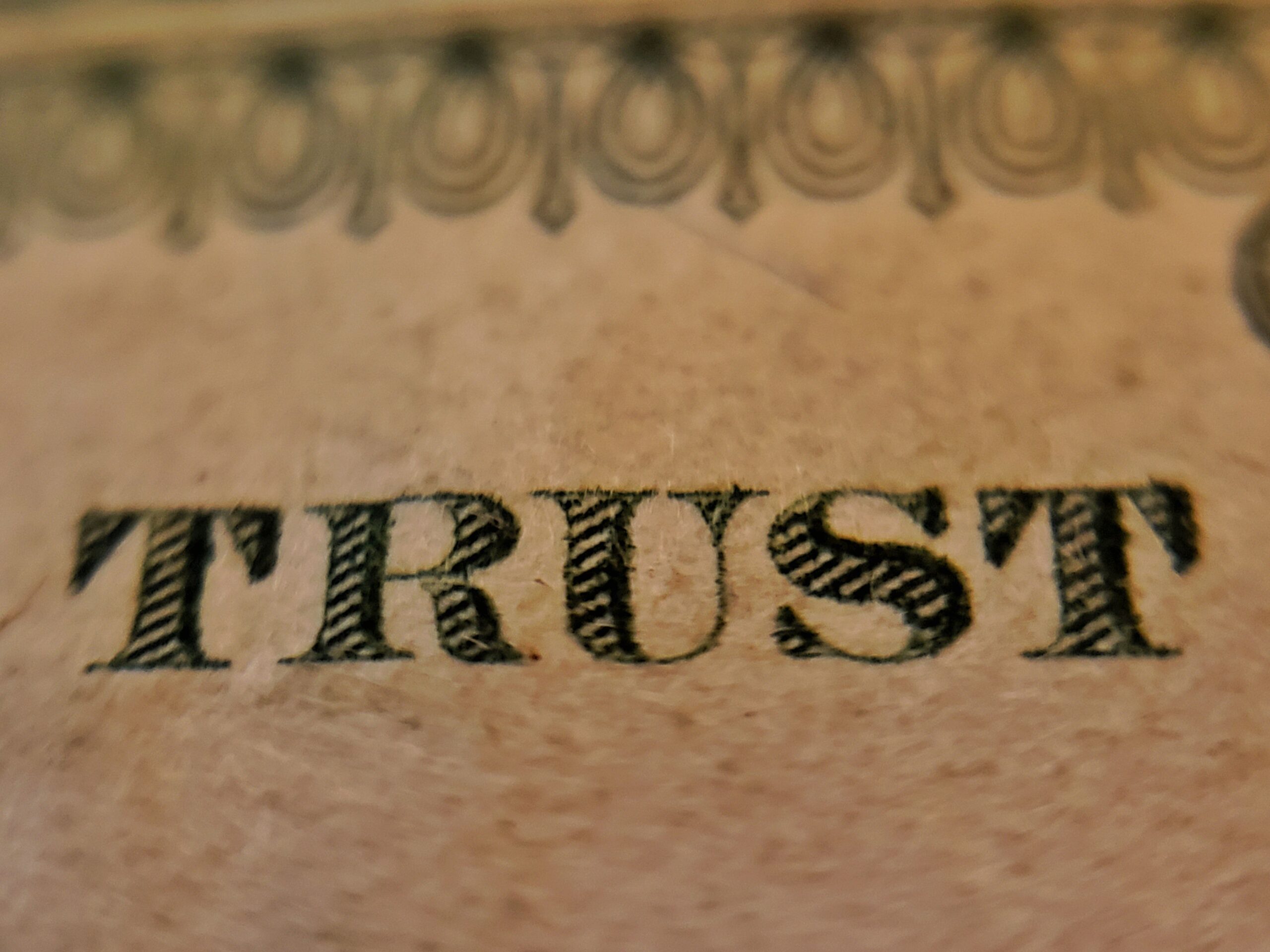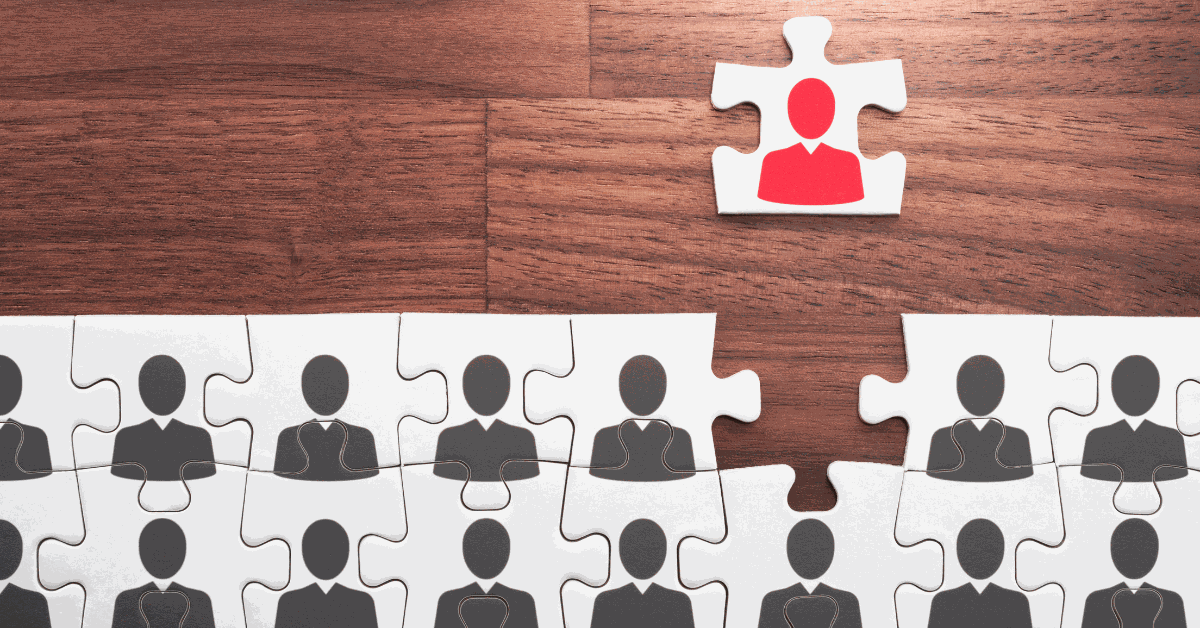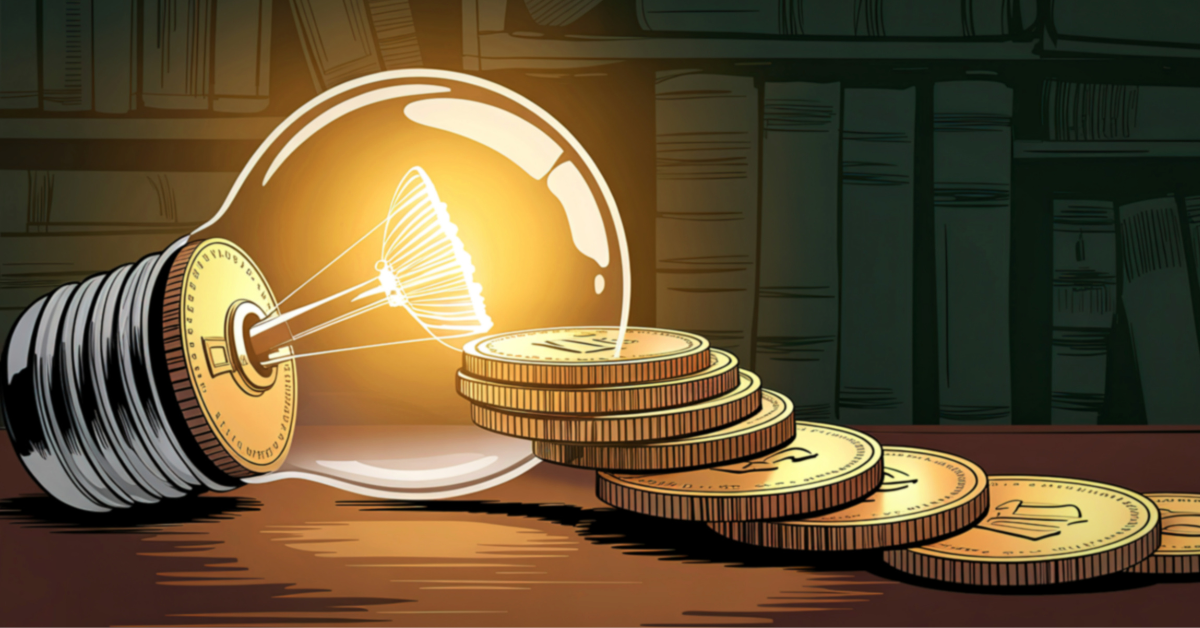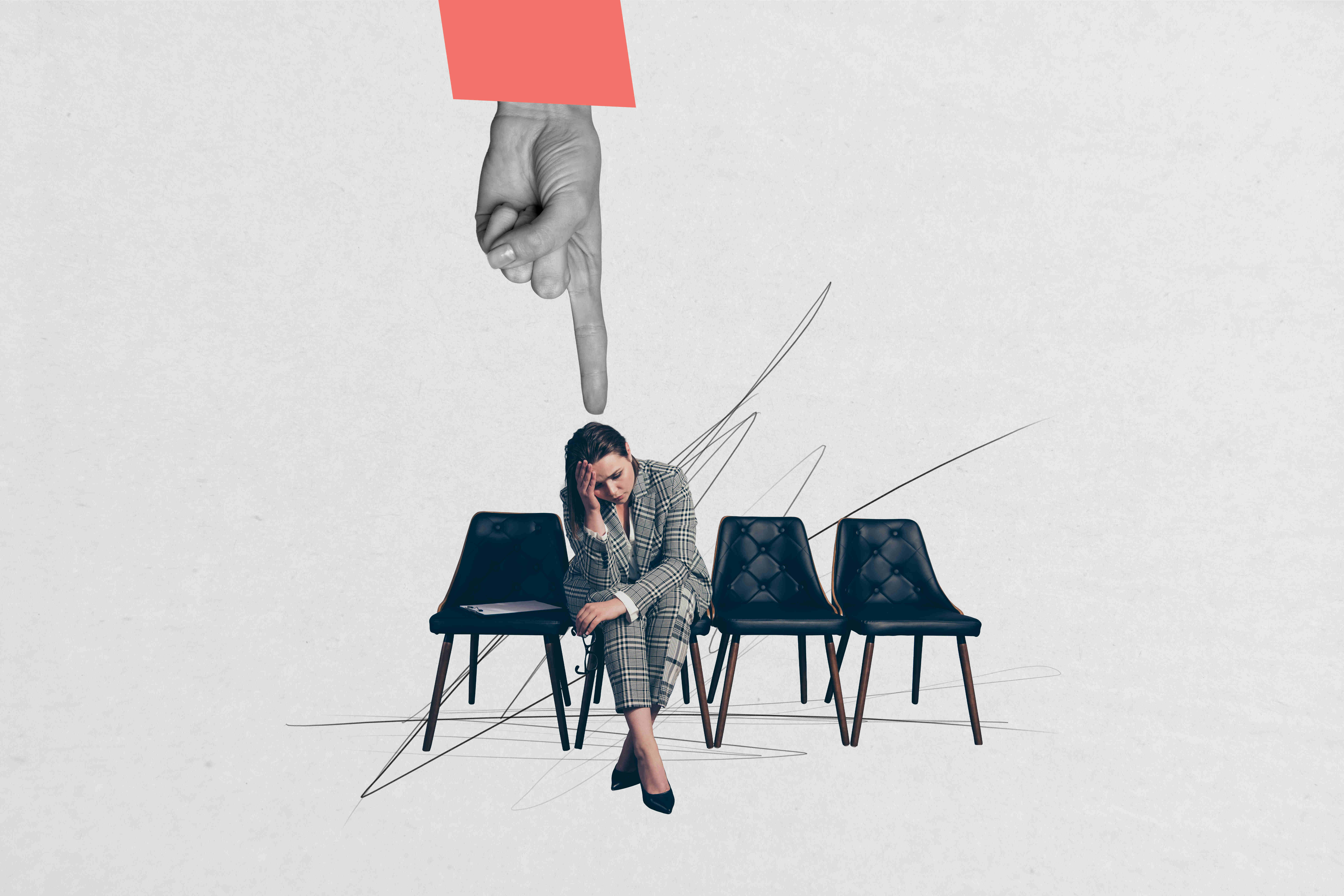In early 2021, Courtroom Sciences Consultants published the results of research conducted throughout the second half of 2020 that revealed positive shifts in perceptions of several industries among jury-eligible participants in the U.S. Research participants were most likely to report a positive shift in perceptions of the healthcare industries and healthcare professionals. The Coronavirus pandemic led to an increase in favorable perceptions of many other industries and/or companies as well, including trucking and transportation, railroads, large grocery stores, the retail industry, and small businesses.
Recent survey research suggests that the window of opportunity for capitalizing on COVID-related attitude changes towards certain groups of civil defendants has closed. Jurors’ perceptions of most industries and institutions have either returned to pre-COVID baselines or dipped below pre-COVID baselines. This decrease in public sentiment regarding specific industries, institutions, and large corporations may seem discouraging. However, there are many opportunities available to defense teams who wish to out-prepare plaintiff’s counsel and turn pandemic-related changes into strategic advantages.
Perceptions of Corporations and Major Industries are Less Favorable
Heading into 2022, corporations faced the challenge of decreased favorability among the voting public in practically every major industry. Positivity ratings for industries like healthcare, oil, utilities, and the internet have tumbled the most, while moderate declines occurred in the retail, farming, grocery, airline, and media sectors. For instance, favorability ratings of the healthcare industry plummeted 15 percentage points from highs seen during the onset of COVID-19, and the retail industry fared almost as poorly. Even the industries that fared best experienced a modest reduction in positivity ratings, with automobile, banking, and real estate businesses seeing a dip in regard.
Voters’ ideas about taxes and inflation reflected these anti-corporate feelings. Fifty-six percent supported raising the corporate tax rate by five percentage points, and 58% backed similar increases on taxes that U.S. companies pay on foreign profits. While a greater majority (59%) faulted President Joe Biden for inflation being at a 40-year high, a similar percentage blamed the climb on companies. Specifically, fifty-four percent of voters saw inflation as resulting from a lack of market competition.
A variety of explanations for the recent surge in anti-corporate sentiment are possible. Perhaps distrust in other institutions is inching over into corporate distrust. Additionally, it may be that people are angry and stressed by continuing COVID-19 concerns and policies, causing them to attribute events more negatively in general. Corporations and other industries promised a lot during the pandemic and perhaps that has raised the bar for corporate behavior. Finally, the richest Americans doubled their immense fortunes during the pandemic , a prominent disparity in light of the struggles many families have faced during the pandemic. Indeed, there has been much negative press on big business, noting that the most prosperous business leaders, like Jeff Bezos, Elon Musk, and Warren Buffet pay only 3.4% in taxes on average. This colors perceptions of big business as a whole.
Even small businesses, perennially held in high regard, have taken a hit lately, with views on smaller companies declining since 2020. Moreover, our research indicates that jurors routinely conceptualize “small businesses” as very small, often family-run enterprises, like “mom and pop” grocery stores. This contrasts with the reality of most small businesses, which employ between 100 and 1500 employees. Jurors do not hesitate to hold businesses with even as few as 50 employees to the same standards as large corporations. For these reasons, it behooves those representing smaller companies, for instance, small oil and gas companies, to consider declines in public opinion relating to both big and small business.
Increasing Jurors’ Trust in Civil Defendants
There are many steps defense counsel can take to identify and eliminate the most dangerous anti-corporate, victim-oriented jurors in the first place. However, even in a better-case scenario, a typical civil jury will include some moderately anti-corporate jurors, perhaps a few pro-corporate or pro-business jurors, and many who claim “neutral” attitudes although they actually lean one way or the other. Many opportunities are available for defense counsel to promote such jurors’ trust in their client. In this article we outline three of these opportunities, beginning with emphasizing logical, scientific decision-making.
1. Emphasize logical, scientific decision-making
Defense counsel has long emphasized the importance of following the law and common sense. While we do not suggest that counsel abandon such pleas, the reality is that current juries are more enticed by invitations to “follow the science” and rely on logic when evaluating the evidence and testimony to make fair, rational decisions. This may seem counterintuitive given recent media reports of American’s growing distrust in science. Yet, alarm bells about public distrust in science have been sounding for decades in response to controversial issues such as evolution and climate change. The appearance of being a scientific, objective decision-maker is currently very in vogue, with those on all sides of the COVID debate pointing to select research results that support their position.
Most jurors also want to present themselves as intellectually savvy, and this is particularly true for plaintiff-leaning jurors. This does not mean that the defense should over-complicate its case; in fact, technical and scientific evidence and testimony should be simplified to the extent possible. Still, appealing to jurors’ intellect and their abilities to objectively consider the scientific and technical evidence has several potential benefits.
First, such appeals can help elevate jurors’ perceptions of civil defendants. Whether plaintiff’s counsel is advancing sympathy ploys or more skillfully trying to establish unattainable safety rules via reptile tactics, appeals to logic and science resonate with the same jurors who hold anti-corporate beliefs and are susceptible to opportunities to send a message to corporate wrongdoers. Almost all civil cases involve some science and a substantial portion of technical evidence; if anti-corporate jurors (or even “neutral” jurors) are seated at trial, appeals to scientific and logical decision-making can help temper the need to express anti-corporate beliefs through their case decisions.
Second, appeals to jurors’ logical and scientific sides instills a sense of accountability, especially if they are advanced during voir dire, “We understand that you are not legal or scientific experts, nor are you expected to be. It is important to us, however, that you will use logic in your decisions about this matter and will evaluate the scientific evidence and testimony to the best of your ability to reach a fair decision. Is there anyone here who might have difficulty doing that?” Defense counsel can also ask jurors with certain occupations (such as a nurse or a high school teacher) whether they rely on logic and science in their jobs.
Third, in making such appeals, civil defendants are expressing a belief that jurors are capable of reaching a logical, scientifically sound conclusion on their own; this caters to jurors’ desires to feel relevant and understood. This can lead to increased attention to and recall of defense evidence and testimony, even when both sides retain technical or scientific experts. In the deliberation room, jurors clinging to pro-plaintiff arguments about corporate greed or community safety will be forced to refute clear scientific and logical defense arguments that are understood by their peers.
References
See Sicafuse, L. & Loberg, M. (2021). COVID-Related Attitude Changes Toward Companies and Industries: Implications for Defense Counsel. Georgia Defense Lawyer: A Magazine for the Civil Defense Trial Bar, XVI, III; Sicafuse, L., & Loberg, M. (2021). Trial by COVID: The Pandemic’s Impacts on Jurors and Defendants. CLM Magazine. https://www.theclm.org/Magazine/articles/trial-by-covid/2208
Brenan, M. & Jones, J.M. (2021). Image Ratings of Several U.S. Industries Tumble. Gallup. https://news.gallup.com/poll/354653/image-ratings-several-industries-tumble.aspx
Williams, C. (2021). Tax Hikes for Corporations and High Earners — Absent From Most Recent ‘Build Back Better’ Debate — Are Popular Among Voters. Morning Consult. https://morningconsult.com/2021/10/27/build-back-better-pay-for-provisions-polling
Williams, C. (2021). Biden Has Pinned Inflation on Large Businesses, and Over Half of Voters Seem to Agree. Morning Consult. https://morningconsult.com/2022/01/19/inflation-companies-polling
Kollmeyer, B. (2022). The world’s richest 10 men doubled their fortunes to $1.5 trillion during the pandemic, says Oxfam. MarketWatch. https://www.marketwatch.com/story/the-worlds-richest-10-men-doubled-their-fortunes-to-1-5-trillion-during-the-pandemic-says-oxfam-11642426379
Brennan, M. (2021) Americans’ Confidence in Major U.S. Institutions Dips. Gallup. https://news.gallup.com/poll/354653/image-ratings-several-industries-tumble.aspx
Hait, A. W. (2021). The Majority of U.S. Businesses Have Fewer than Five Employees. United States Census Bureau. What is a Small Business? (census.gov)
See Guidotti, T. L. (2017). Between Distrust of Science and Scientism. Archives of Environmental & Occupational Health, (72)5; and van der Linden, Stephan L. (2015). How to Combat Distrust of Science: The Surprising Power of the Psychology of Consensus. Scientific American. https://www.scientificamerican.com/article/how-to-combat-distrust-of-science
Tyson, R. F. (2020). Nuclear Verdicts: Defending Justice for All. La Jolla, CA: Law Dog Publishing.
Be confident in achieving superior litigation outcomes. CSI has the expertise, track record, and capabilities to help you win.



